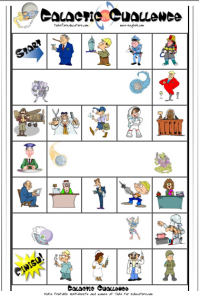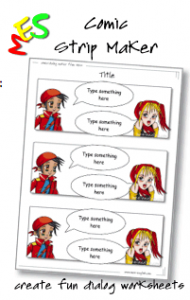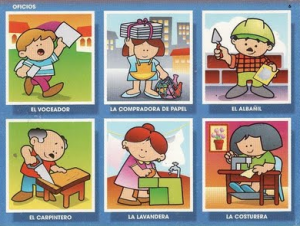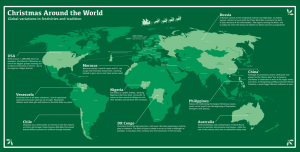So the Olympics are finally here. The Opening Ceremony is tonight (although the action has already started with football!) so why not have a look at the Spanish page on London2012 and start identifying the Spanish participants in the Games.
Just for fun –
Who are these people?
In which sports do they compete?
And which one of them is carrying the Spanish flag in the opening ceremony?
You can also access information about the team on the Comite Olímpico Español (Spanish Olympic Committee) website.
And if you are (by any chance!) teaching Spanish at the moment, why not check out these resources to help you!
TES Olympics set scroll to Spanish
MFL Sunderland Olympic resources
Linked In project on using Olympics French and Spanish
MFLHampshire wiki has lots of ideas too!
And of course, let’s not forget that Spanish is spoken by many countries other than Spain! Check out Mexico, Nicaragua, Paraguay, Panama, Venezuela and many others!
¡Que comiencen los Juegos!












